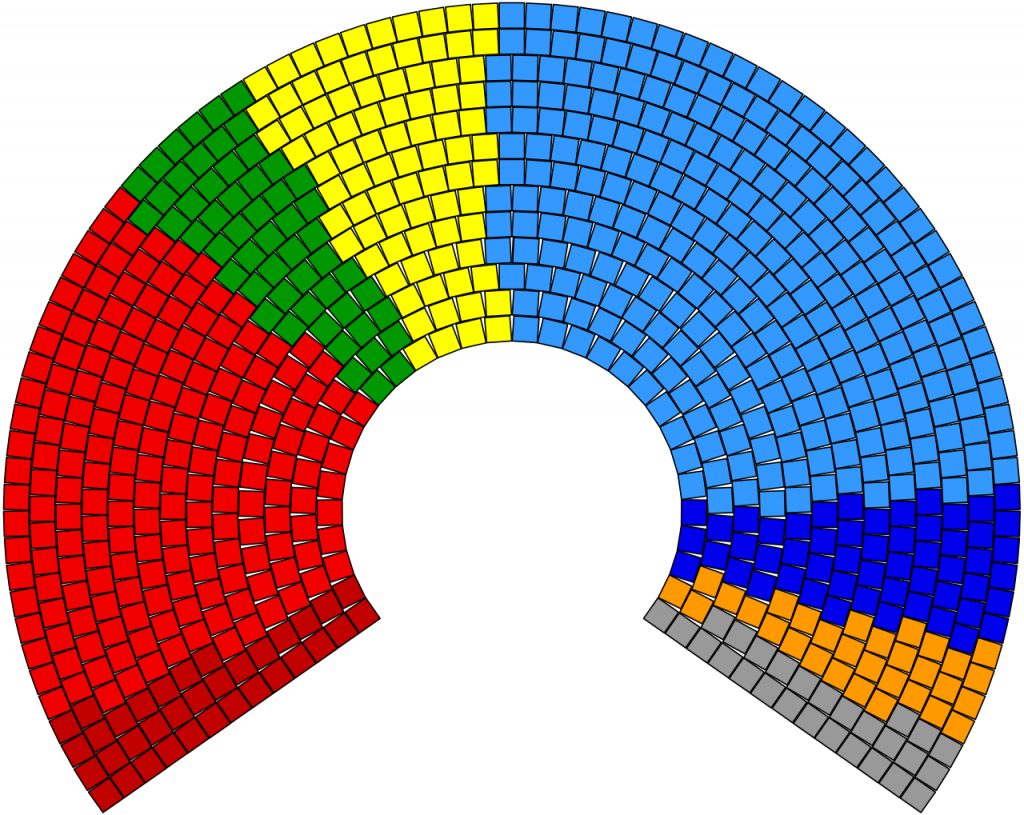
The idea that the UK’s progressive political parties – the Greens, Labour and the LibDems – should form electoral alliances to oust the Tories has been around for some time.
The recent North Shropshire by-election re-energised the conversation – not because the progressive parties formed an anti-Tory pact, but because voters took matters into their own hands.
Despite Labour finishing second to the Conservatives in 2019, many Labour voters switched to supporting the LibDems. Ousting the Tories’, who were defending a 23,000 majority, was evidently more important to the voters of North Shropshire than following their traditional loyalties. As a result, the LibDems won with a majority of around 6,000 – an incredible achievement in a constituency that had returned a Conservative MP to Parliament in all but two of the last 189 years.
Reading the political runes of North Shropshire and other recent by-election results is not easy.
If tactical voting is to dominate the next general election, how should we respond?
There is no doubt that anti-Tory sentiment is currently more dominant than faith in any one alternative.
The UK’s current electoral system is stacked in favour of the two dominant parties. In addition, the Tories occupy a huge amount of territory on the right-of-centre while the progressive vote is split between three parties – more if you include the social democratic-leaning nationalist parties in Wales and Scotland.
The question for the Greens is: should we form alliances with other progressive parties in order to stand the best chance of removing the Tories from Government and perhaps gaining more seats in Parliament as a result; or should we give voters every opportunity to vote Green and endorse our values around social and environmental justice, regardless of which party is in power?
There are pros and cons on both sides of the question.
Our former co-leader Jonathan Bartley made it clear that the party was open to talks with other parties and the Greens entered a pact with the LibDems and Plaid Cymru in the 2019 general election covering 60 seats so as not to split the anti-Brexit vote.
Times have changed. Support for the Tories is collapsing as the party becomes mired in sleaze and boozy parties. And, of course, North Shropshire happened.
Crucially, whatever we decide as a Party will be subject to the attitudes of the other parties. The LibDems and the Nationalist Parties in Wales and Scotland are game – we even share power with the SNP in Scotland.
Labour, on the other hand, has shown little sign of wanting to play the alliance game. Jonathan Bartley’s ‘open door’ invitation to Starmer met with silence.
In North Shropshire, Labour put in a huge effort in to win the seat, despite all the signs suggesting that the ‘disillusioned Tory’ and the ‘traditional Labour’ vote was swinging to the LibDems, Labour were not going to go down without a fight. Alliances be damned!
More Green MPs would be great, of course. And we have limited resources that need to be carefully targeted to give us the best chance to achieve this.
But voters can be quite unforgiving if they feel they are being manipulated. There could be a backlash.
It is unlikely that the left-of-centre parties will agree to an alliance at national level and set about carving up the country over the heads of local members.
It is far more likely that alliances, if they happen at all, will be brokered at a more local level.
County Durham Greens are already looking to the next general election and discussing the key questions:
- Should we apply ‘alliance thinking’ to our election strategy?
- Should we trust the tactical nous of voters to do the job of a progressive alliance?
- Or should we forget alliances altogether and stand or fall on the values and policies we embrace for a better world?
The jury is still out but we believe that thinking ahead will pay off at the ballot box.